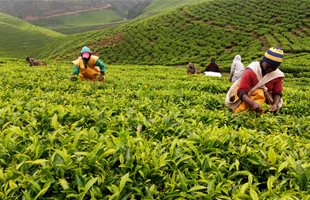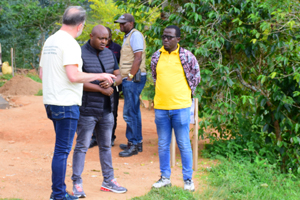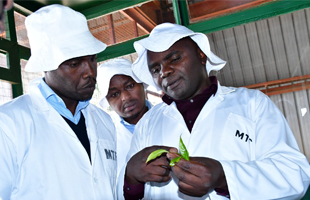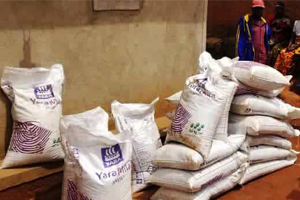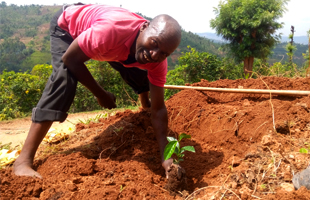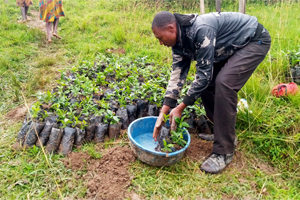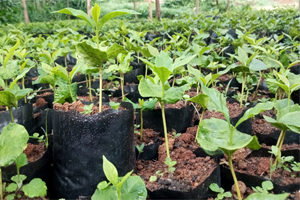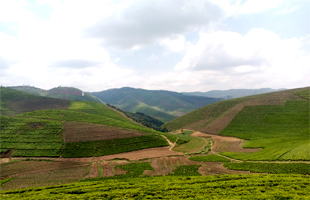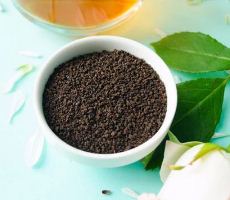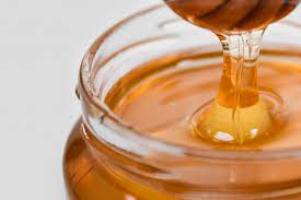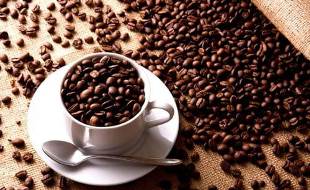Rwanda has been producing some of the world’s best teas. Tea has become Rwanda’s largest foreign exchange earner and a source of income and a generator of wealth and employment to rural areas and supports the wellbeing of over thousands of farmers.
Make a journey to south province, Nyamagabe District, Buruhukiro Sector and visit Mushubi Tea Factory and Tea Plantation. You will find out the faces of those who bring tea to your cup.

The visit to Mushubi Tea plantation will allow you to experiment and learn the art of picking Tea leaves and processing with the opportunity to taste the results of Black CTC Tea grown in the Local Area of Mushubi Tea factory like Gatare and Buruhukiro Sector.
Tea is one of the most versatile beverages consumed widely after water ; with its distinctive natural characteristics and multiple benefits provided from tea polyphenols (or natural plant compounds) assist as an herbal medicine in curing many contagious and mild sicknesses.

Mushubi tea is well known for its quality and classified among the best obtainable teas to the international market. There are many factors that led to that success. In this article, we will discuss about professional plucking. Quality plucking is a skilled process ; it needs good hand and eye coordination, cleverness, precision, focus, and speed. To sustain the high quality of Tea, Mushubi Tea Factory focuses on maintaining the quality of the leaf.

Considering the need of individual performance in plucking, Mushubi Tea Company organizes trainings for tea pluckers including of factory and Cooperatives COOTHEGAB in order to improve their skills and to attain the required tea quality.

As soon as the tea leaves are picked, they must be taken to the factory as quickly as possible. The piles of leaves must not be allowed to ferment. Accidental fermentation is known to affect the quality of the tea.
Freshly plucked tea leaves shouldn’t be kept in isolation, or they might start to ferment. As soon as they are harvested they are transported to the factory in bags made from a light, loosely woven material that allows air to circulate.

Tea pluckers gathering to get their bags weighed, everyone waits in turn and one by one hangs their bag of tea leaves on the mobile scales. The supervisor records the worker’s name and the weight of the bag, which will determine the pay for that day.
You can see that the bags are made of netting, to prevent the leaves from oxidizing.
They must remain in perfect condition all the way to the factory ; otherwise the tea will be spoiled, After the Tea leaves are harvested and processed, the large percentage of the finished product are exported and sold to the international Market.
 MULTISECTOR INVESTMENT GROUP
MULTISECTOR INVESTMENT GROUP

